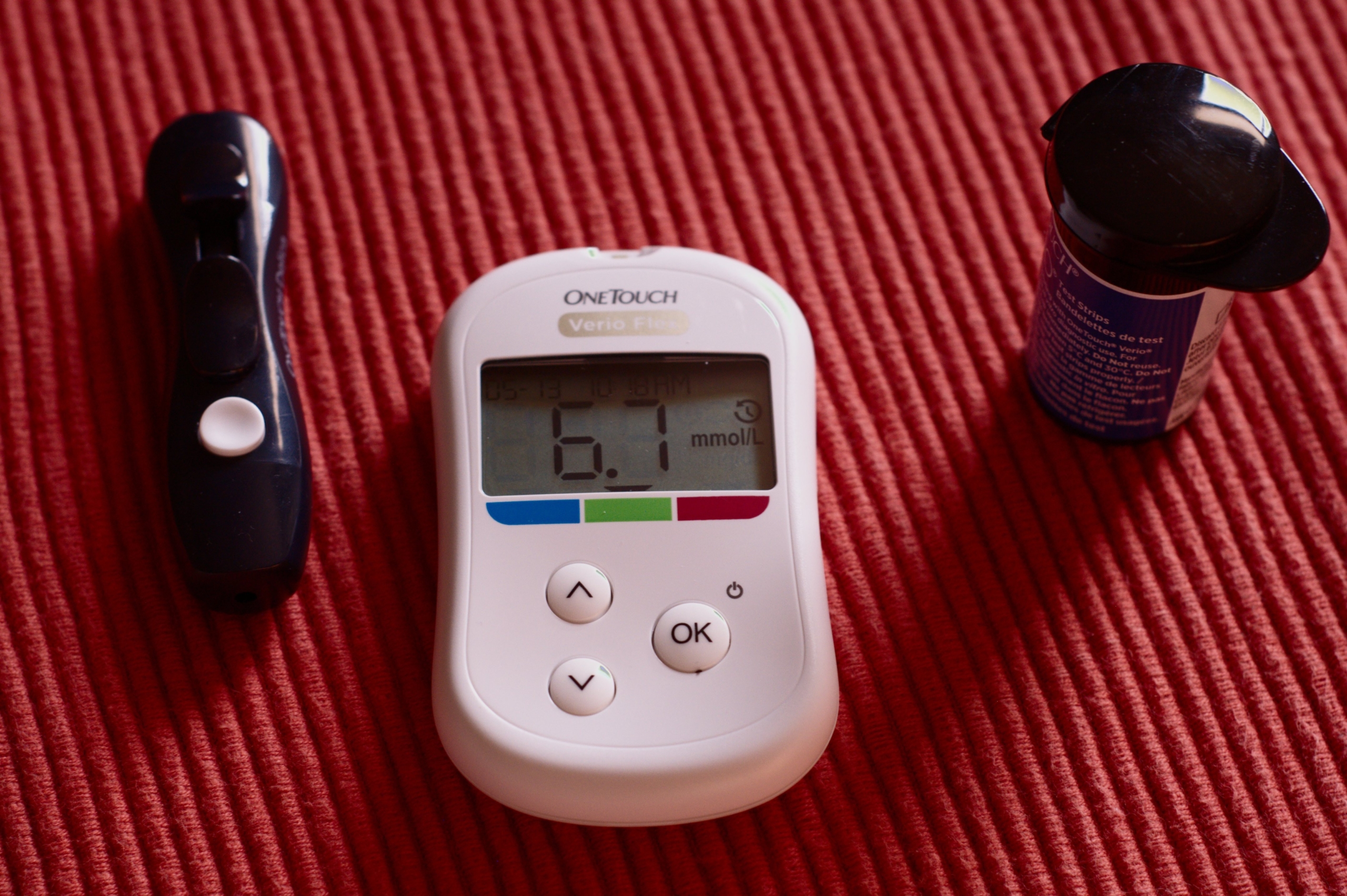What are the types of blood disorders?
There are three components of the blood that can be affected by blood disorders: red blood cells, white blood cells, and platelets. These disorders can vary drastically in symptoms and prognosis. In our post, we will explore the different types of blood disorders and applying for SSDI benefits.
Red Blood Cell disorders
The red blood cells are responsible for carrying oxygen to the rest of the body. The most common disorder is anemia, which is a lower count of red blood cells, or hemoglobin, than normal. There are over 400 types of anemia which affects about 5.6% of people in America. Mild anemia can have little to no symptoms, more severe anemia is characterized by fatigue, pale skin, and shortness of breath. This occurs because the organs are not getting the oxygen they need to fully function resulting in fatigue. The three types of anemia are anemia caused by blood loss, anemia caused by cell destruction, and anemia caused by decreased or faulty hemoglobin production.
Thalassemia is a genetic red blood cell disorder that prevents the normal production of hemoglobin. This affects the development and formation of bones and can result in an enlarged spleen or heart problems.
Polycythemia Vera is a form of blood cancer caused by bones producing too many red blood cells. This results in slowed blood flow and heightened risk of stroke, heart attack, or clotting.
White Blood Cell disorders
White blood cells are responsible for fighting off disease and infections, which has an effect on the body’s immune system. Lymphoma is when the white blood cells change and grow out of control in the lymphatic system.
Leukemia is caused by white blood cells multiplying uncontrollably within the bone marrow crowding out the red blood cells and platelets. The leukemia white cells don’t fight infections and diseases the same way normal white blood cells do, therefore compromising the immune system and the body’s ability to clot and carry oxygen to other organs.
Myelodysplastic Syndrome is characterized by the body producing too many immature cells, taking over space for mature healthy cells and sometimes causing leukemia.
Platelet disorders
Platelets help blood clot. Many platelet disorders are caused by autoimmune diseases, and the body destroys already existing platelets, making it difficult for the body to slow bleeding during procedures like tooth extraction, menstrual periods, or even minor cuts. Platelet disorders can also cause severe bruising, internal bleeding, and minor bleeding under the surface of the skin. Platelet dysfunction can be caused by a variety of things such as chronic alcoholism, blood transfusions, blood infections, or even Vitamin B12 deficiency.
How can a blood disorder change your life?
The severity of blood disorders and their effects vary greatly depending on the type and progression of the disease or disorder. Anemia can have little to no change in daily activities, while leukemia and other cancers can be crippling and potentially fatal. Advanced anemia can result in a constant feeling of fatigue, changing the body’s energy level, and the ability to complete tasks in a timely manner and hold full-time employment.
All of these disorders can erode self-confidence and can result in anxiety and depression. Compound the emotional drain of having a blood disorder with the physical ailments, and it can often make daily life much more difficult.
What to do upon diagnosis of a blood disorder
Depending on the type of blood disorder that is diagnosed, it is important to understand the long term trajectory of the disorder or disease. There are some diseases that progress slowly, and others that are more aggressive and require quick attention, often requiring the individual to stop working due to severe symptoms. If Social Security Disability Insurance(SSDI) is needed, it is important to start the application process immediately, as it can be extremely lengthy and cumbersome.
Check the Compassionate Allowance programs list to see if your disability is listed. This is a list of disabilities and diseases that will help the case be expedited to the “top of the pile” for the SSA to review and, hopefully, approve. To help ease the burden of the application process it is necessary to hire an attorney for support. This is where the Good Law Group can step in. Even if the disorder is on the Compassionate Allowance Programs list, it can take up to five months for receipt of benefits. If it is not, the timeline can be exponentially longer.
What to do if SSD benefits are denied
Don’t give up hope. Upon denial of benefits, there is an option to appeal within 60 days of the initial decision. The Social Security Administrations(SSA) receives millions of applications every year for benefits, only approving a mere 30%. The Good Law Group has a successful track record with helping people who suffer from blood disorders getting the benefits they need and deserve.
The Good Law Group specializes in ensuring that application deadlines are met, documentation is organized and complete and has the experience to help expedite your case and benefits are received as soon as possible. A representative from the Good Law Group can be reached at (847) 577-4476 for a complimentary case evaluation.









